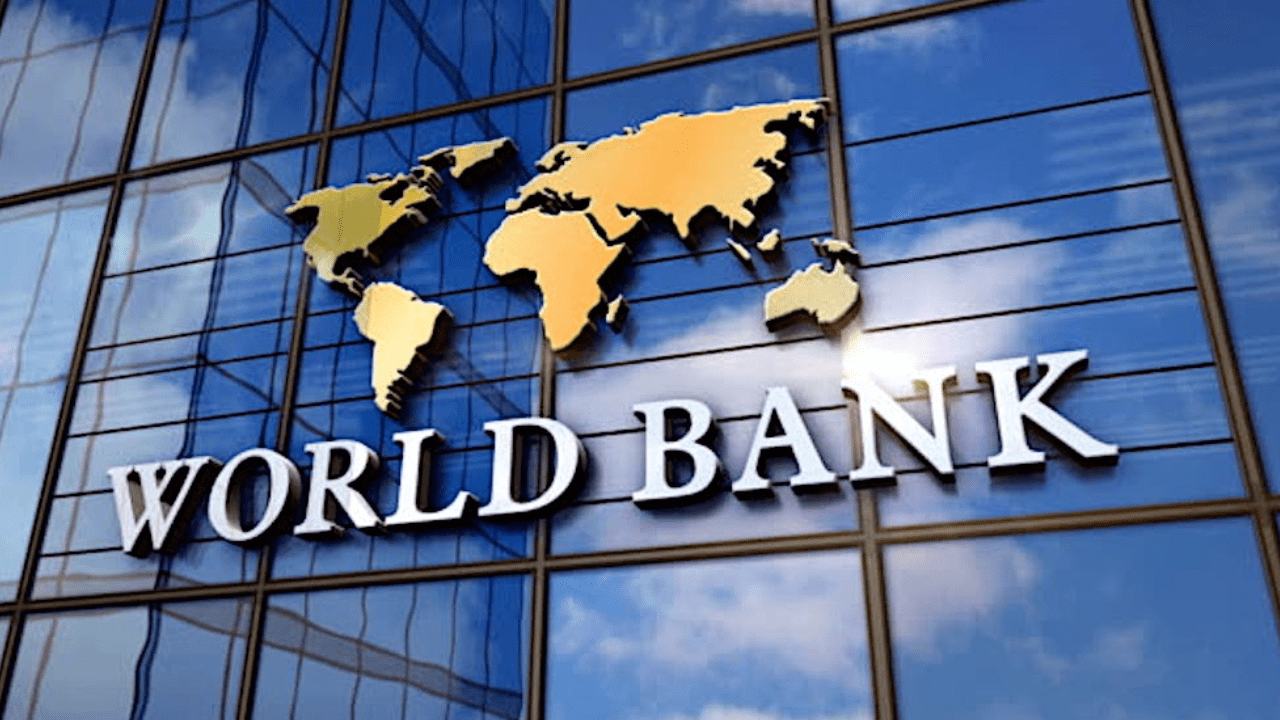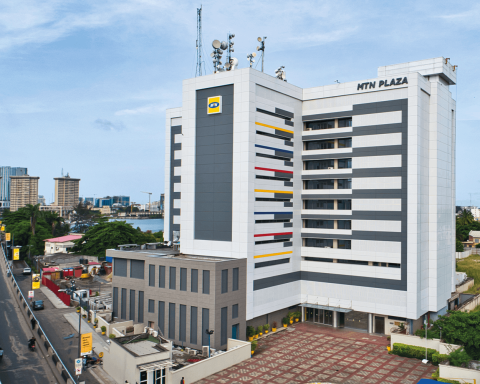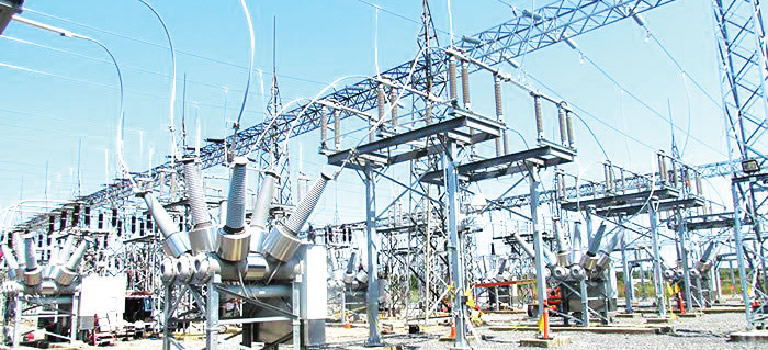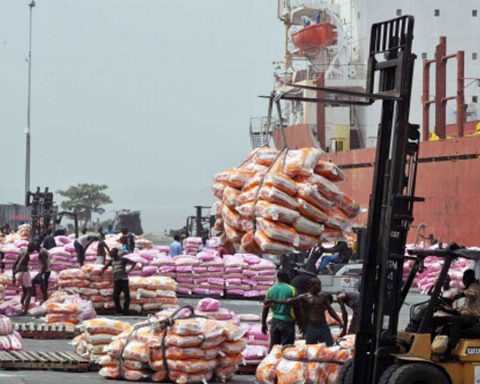The World Bank’s latest Migration and Development Brief, titled “Leveraging Diaspora Finances for Private Capital Mobilization,” underscores the adverse impact of fixed exchange rates and capital controls on remittance flows in Sub-Saharan Africa.
According to the report, these measures are redirecting remittances away from official channels to unofficial ones, a phenomenon witnessed notably in Nigeria and Namibia.
Highlighting the situation, a World Bank representative stated, “Fixed exchange rates and capital controls are diverting remittances from official to unofficial channels. In Nigeria, interventions in the foreign exchange market widened the divergence of the parallel and official exchange rates until the liberalization program in June 2023.”
Despite a 1.9% increase in remittance inflow to $54 billion in 2023 for the Sub-Saharan Africa region, concerns persist regarding the impact of exchange rate policies on these figures. Nigeria alone accounted for $20 billion of the total remittances, projecting a modest 2% increase.
READ ALSO: World Bank Allocates $5.6m To Nigeria’s State Fiscal Projects
However, projections for 2024 foresee a 2.5% growth to $55 billion for remittances into the region. Yet, the World Bank cautioned that this forecast might be jeopardized by measures controlling foreign exchange, parallel market disparities, and sanctions on certain countries.
This comes amid a broader context of exchange rate pressures across Sub-Saharan Africa, where most currencies have experienced significant depreciation against the US dollar, with a 16% average depreciation between January 1, 2022, and June 20, 2023. Notably, Nigeria and Angola witnessed substantial currency depreciation, with the naira and kwanza losing nearly 40% of their value against the US dollar from December 2022 to September 2023.
External factors, including interest rate hikes in advanced economies and increased global risk aversion, have primarily driven these exchange rate pressures, resulting in reduced net foreign exchange flows into the region
Emmanuel Ochayi
- Emmanuel Ochayi
- Emmanuel Ochayi
- Emmanuel Ochayi
- Emmanuel Ochayi
- Emmanuel Ochayi
- Emmanuel Ochayi
- Emmanuel Ochayi
- Emmanuel Ochayi
- Emmanuel Ochayi
- Emmanuel Ochayi
- Emmanuel Ochayi
- Emmanuel Ochayi
- Emmanuel Ochayi
- Emmanuel Ochayi
- Emmanuel Ochayi
- Emmanuel Ochayi
- Emmanuel Ochayi
- Emmanuel Ochayi
- Emmanuel Ochayi
- Emmanuel Ochayi
- Emmanuel Ochayi
- Emmanuel Ochayi
- Emmanuel Ochayi
- Emmanuel Ochayi
- Emmanuel Ochayi
- Emmanuel Ochayi
- Emmanuel Ochayi
- Emmanuel Ochayi
- Emmanuel Ochayi
- Emmanuel Ochayi
- Emmanuel Ochayi
- Emmanuel Ochayi
- Emmanuel Ochayi
- Emmanuel Ochayi
- Emmanuel Ochayi
- Emmanuel Ochayi
- Emmanuel Ochayi
- Emmanuel Ochayi
- Emmanuel Ochayi
- Emmanuel Ochayi
- Emmanuel Ochayi
- Emmanuel Ochayi
- Emmanuel Ochayi
- Emmanuel Ochayi
- Emmanuel Ochayi
- Emmanuel Ochayi
















